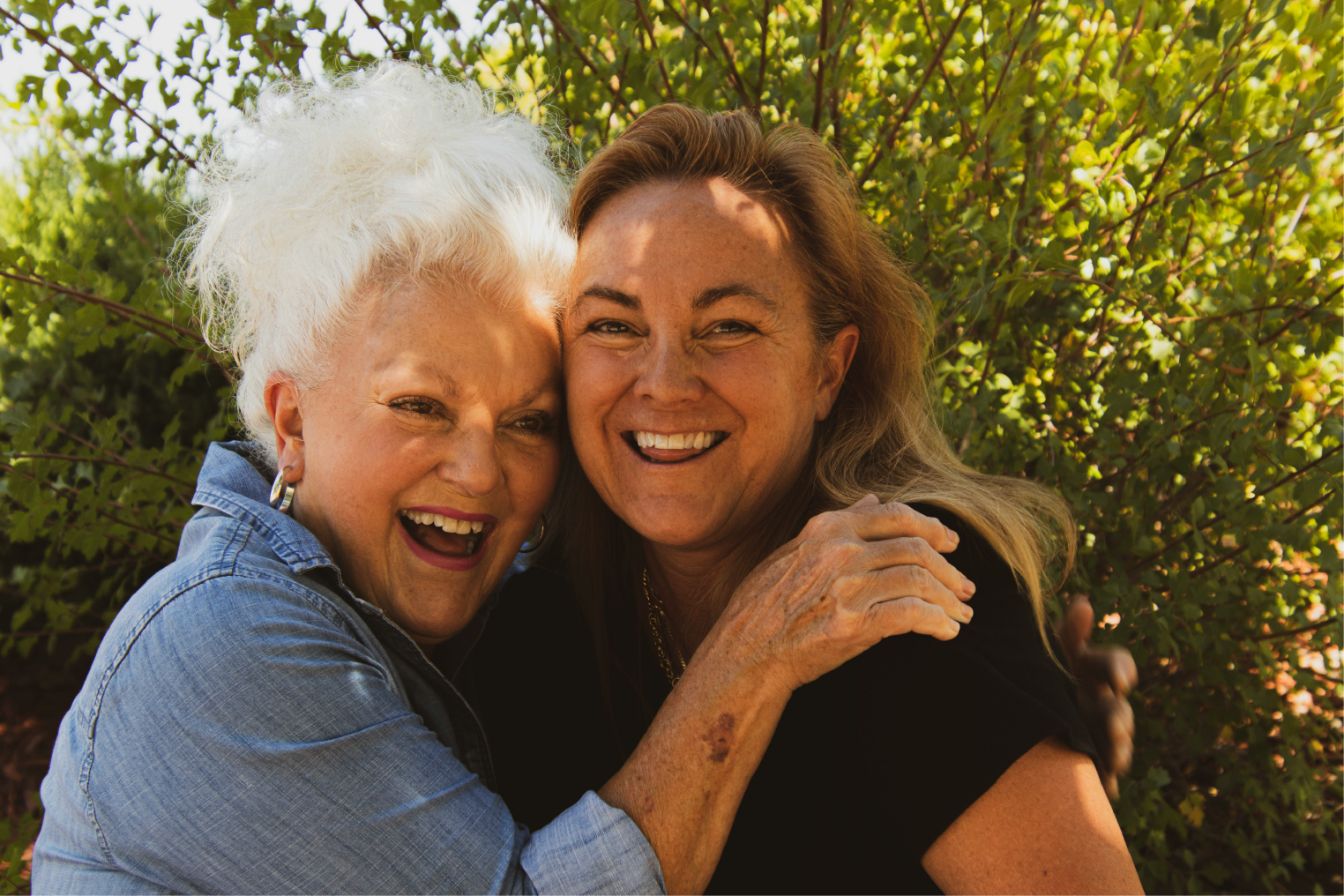Menopause. The change. Not a sexy topic and often the bringer of stifled conversations, awkward jokes or mystified silences. Menopause can be a challenging time of transition for women and for many men it can be too! And if you are a man and you have women in your life, then menopause will most likely affect you and your relationships with them at some point. Knowing more about this period of women’s life transition can be helpful, not only for your understanding, but also for the women you care about.
I recently spoke to Dr Claire McCauley who is a medical doctor, Sexological Bodyworker and Somatic Sex Coach who specialises in helping women experiencing perimenopause and menopause to enjoy more and better sex. In this blog I share some of the highlights from our conversation, or you can watch the full conversation on YouTube here.
What is menopause and peri-menopause?
For women, menopause is an inevitable stage of life that for some, can bring a unique set of challenges and changes. Menopause marks the end of a woman’s reproductive years and is by definition, the point in time when a woman has not menstruated for a year. The time period in the run up to that is called peri-menopause. This is when the ovaries, that produce reproductive hormones, are starting to slow down and can, for some women, produce erratic and unpredictable amounts of hormones. The gradual reduction in and fluctuation of these hormones creates a wide range of symptoms in the body, and this is known as the peri-menopause stage. The average age of menopause is 51 but the perimenopause can begin up to 10 years beforehand, and in some women even earlier.
What are the hormonal changes during menopause?
Hormones play many different roles in a woman’s body, from mood to metabolism. During perimenopause and menopause, the levels of oestrogen and progesterone decrease which can lead to a variety of symptoms, the most common being hot flushes, night sweats, vaginal dryness, mood swings, hair loss and weight gain.
It’s important to note that not all women are affected equally. Some women sail through the menopause and wonder what all the fuss is about, while other women have a really difficult time. Understanding these changes can help you to understand and empathise with what your partner and women in your life are experiencing.
How does menopause impact sex and relationships?
Menopause can have a big impact on women’s sexuality and sexual expression. Women’s genitals are super sensitive to the level of oestrogen in a women’s body. If the sexual tissues experience a drop in oestrogen, then they will stop working as they once did. The vulva and vagina might feel dry, sore, less sensitive or more sensitive. And of course, this is going to have a big impact a women’s ability to experience touch, arousal and have penetrative sex. Changes can happen gradually which means that the women themselves might not even be aware of what’s happening or why.
Around 70-80% of perimenopausal and menopausal women are having some problem with their sex lives. Hormonal factors can impact a woman’s libido and ability to get aroused, although desire is affected by many other factors too. Menopausal women may experience less spontaneous desire (feeling horny without any particular trigger), but responsive desire can still work well, where a woman might feel desire in response to touch or sexy activity. This is important for both men and women to know as your desire styles might be different!
Communication is key
A really important part of navigating menopause in a relationship is open and honest communication. Men might find that their partners are less likely to initiate sex or more likely to say “no” to sex due to discomfort, stress or low spontaneous desire which can lead to misunderstandings and feelings of ‘not good enough’ in her and feelings of rejection in him. There is so much shame around these feelings, for both of you, so initiating an honest conversation can feel scary and intimidating, but not having that conversation can result in deadlock and the ending of intimacy between you.
One way to bring back closeness and more connection is to get informed about what might be happening in her body and between you both. Get informed, get curious and be brave in sharing together your curiosity, concerns and longings. Talk about the role of sex in your relationship and finding new ways to bring back or maintain intimacy can be a great way to nurture your connection.
Menopause is a natural part of life that doesn’t just affect women but men too. With better knowledge and open discussions, men can not only be a positive support to women in this transitional phase of life, but can help themselves to deal with the impact in a more empathic and fruitful way. Keeping sex and intimacy alive in a relationship at any stage needs understanding, communication, commitment and tolerance. And it is entirely possible.
- If you want to learn more about an empowered connection with women arrange your Consultation Call with Sian here.
- Watch the video conversation Menopause: An Essential Guide for Men and Their Partners (38 minutes)
- Connect with Dr Claire McAuley at her website for Sex and the Mid-life Woman here https://www.pleasurepossibility.com/





